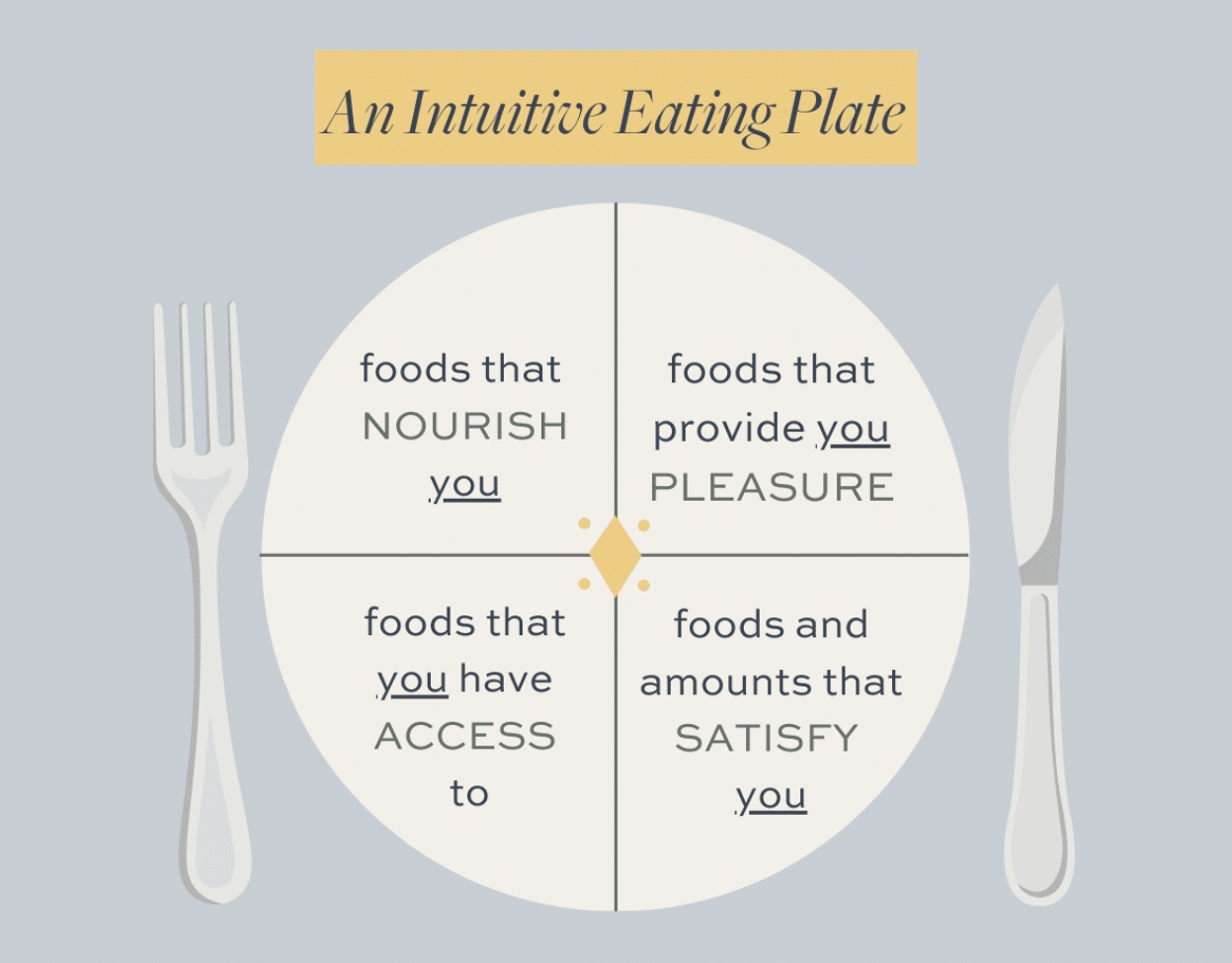Food isn’t only fuel; it has an influence on our overall health and well-being. Every bite we take can affect our energy levels, mood, and long-term health. Understanding how different foods impact our bodies can empower us to make better dietary choices and lead healthier lives.
Nutrients and Their Roles
Our bodies require a balanced mix of macronutrients and micronutrients to function optimally.
Macronutrients:
- Carbohydrates: The body’s primary energy source. Complex carbs (found in whole grains, vegetables, and legumes) provide sustained energy, while simple carbs (sugars) can cause quick spikes and crashes in blood sugar levels.
- Proteins: Essential for building and repairing tissues, enzymes, and hormones. Sources include meat, fish, beans, and nuts.
- Fats: Important for energy, cell structure, and hormone production. Healthy fats (from avocados, nuts, and olive oil) support brain health and reduce inflammation, while trans fats and excessive saturated fats can be harmful.
Micronutrients:
- Vitamins: Vital for various bodily functions, including immune response, bone health, and energy production. Each vitamin (A, B, C, D, E, and K) has unique roles.
- Minerals: Important for bone health, fluid balance, and muscle function. Key minerals include calcium, potassium, and magnesium
Energy Balance
The balance between calorie intake and expenditure is crucial for maintaining a healthy weight and energy levels. Consuming more calories than the body needs leads to weight gain, while a deficit can result in weight loss. The types of foods we eat also influence our metabolism. For example, protein has a higher thermic effect (energy required for digestion) than fats or carbs, slightly boosting metabolic rate.
Gut Health and Digestion
Our digestive system plays a crucial role in breaking down food and absorbing nutrients. A healthy gut is supported by a diverse microbiome—trillions of beneficial bacteria living in our intestines. Foods rich in fiber (fruits, vegetables, whole grains) nourish these bacteria, aiding digestion and reducing inflammation. Fermented foods (yogurt, kefir, sauerkraut) also contribute to a healthy gut by adding probiotics.
Impact on Mood and Mental Health
There’s a growing body of research linking diet to mental health. Certain nutrients are essential for brain function and can influence mood and cognitive function. For example:
- Omega-3 fatty acids (found in fish and flaxseeds) are known to support brain health and may reduce symptoms of depression.
- B vitamins (found in whole grains, eggs, and leafy greens) play a role in producing neurotransmitters like serotonin and dopamine, which regulate mood.
Conversely, diets high in processed foods, sugars, and unhealthy fats have been associated with increased risk of depression and anxiety.
Long-Term Health Effects
The foods we choose have a profound effects on long-term health. Diets rich in fruits, vegetables, whole grains, and lean proteins are associated with lower risks of chronic diseases such as heart disease, diabetes, and certain cancers. Antioxidants and phytochemicals found in plant-based foods help combat oxidative stress and inflammation, protecting against these conditions.
On the other hand, diets high in processed foods, red meat, and added sugars can contribute to inflammation, insulin resistance, and unhealthy weight gain, increasing the risk of chronic diseases.
The foods we eat play a critical role in shaping our health, influencing everything from energy levels and mood to long-term disease risk. By making informed and balanced dietary choices, we can support our bodies, minds, and overall well-being.




